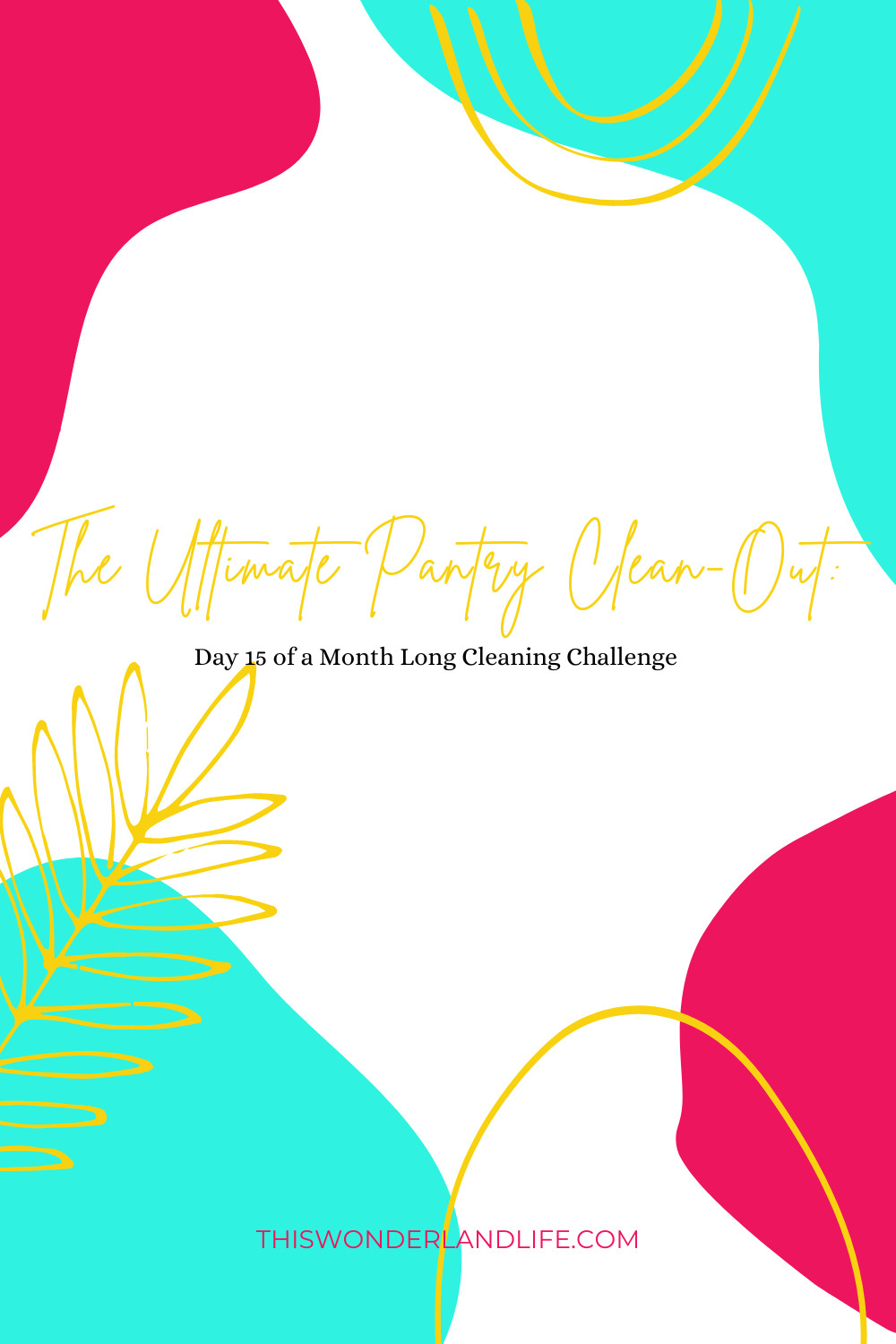Blog Title: Basic Needs for a Garden: Tips for a Modern Traditional Homemaker
Blog Introduction:
Hello, fellow homemakers! Today, we’re going to talk about one of the most crucial aspects of traditional homemaking: a garden. As a modern traditional woman, it’s important to learn how to cultivate fresh produce that nourishes your family both physically and emotionally. Growing and maintaining a garden may seem daunting at first, but it can be a fun and fulfilling experience for you and your loved ones. Let’s dive into the basic needs for a garden that every homemaker should know.
Blog Body:
Soil Quality: Soil is the foundation for a healthy garden. It’s important to test your soil to understand its composition and nutrient density. You can easily do this by purchasing a soil test kit from your local garden center. Once you know your soil's characteristics, you can add any necessary amendments such as compost or manure to increase its nutrient levels. This will help your plants thrive and produce abundant yields throughout the growing season.
Watering: Watering is vital for plant growth, especially during the hot summer months. Lack of water can cause your plants to dry out, wilt and eventually die. Make sure to water your garden regularly, preferably during the early morning hours when the temperature is cooler, and the sun isn't at its peak. This will help conserve water and prevent evaporation.
Sunlight: Plants need sunlight to produce food by photosynthesis. Make sure your garden receives 6-8 hours of sunlight per day for optimal growth. In cases where there isn't enough sunlight in your garden, you can always add shade cloth to protect your plants during the hot summer months.
Pest Management: Garden pests such as aphids, mites, and slugs can wreak havoc on your plants in a matter of days. One of the best ways to prevent pests is to keep your garden clean and free of debris. Additionally, using organic pest control methods such as neem oil, insecticidal soap or diatomaceous earth can help manage these pests without harming beneficial insects such as bees and ladybugs.
Mulching: Mulching is an excellent way to conserve water, improve soil conditions and suppress weed growth. A layer of 2-3 inches of organic mulch such as straw, hay or leaves can go a long way in preventing soil erosion and maintaining soil moisture levels. It also helps insulate the soil and keep it warm, thus extending the growing season.
Conclusion:
There you have it, the basic needs for a garden that every modern traditional homemaker should know. By following these simple steps, you can build a thriving garden that provides fresh produce for your family while promoting a healthy lifestyle. Remember to always prioritize the safety and welfare of your family and the environment by choosing organic and sustainable gardening practices. Gardening can be a rewarding experience that allows you to connect with nature and grow as a homemaker. Happy gardening!












0 Comments